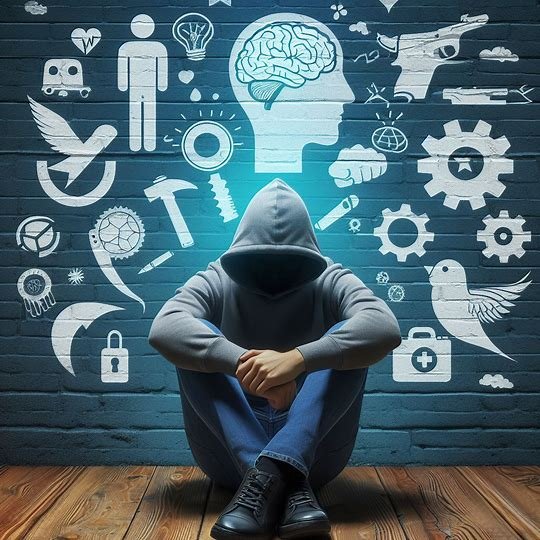
Violence in communities and personal relationships can often be traced back to untreated or inadequately addressed mental health issues. Every day, we see the impacts of violence in our communities and wonder what can be done. As someone who has witnessed the transformative power of mental health support, I believe that addressing mental health is key to reducing violence. Here’s a closer look at the strategies that can make a real difference.
1. Community Education and Awareness Raising awareness about mental health is the first step towards prevention. Community programs that educate people about the signs of mental distress and the importance of seeking help can demystify mental health issues and reduce stigma. Awareness campaigns should also inform individuals about how and where to access mental health services, emphasizing that seeking help is a sign of strength, not weakness.
2. Early Intervention Programs Early detection of mental health issues plays a crucial role in preventing violence. Schools, workplaces, and healthcare providers can implement screening programs to identify individuals at risk. Providing timely interventions, such as counseling or therapy, can address problems before they escalate into violent behavior.
3. Accessible Mental Health Services Ensuring that mental health services are accessible to all segments of the population is vital. This includes offering services at affordable rates, providing options for telehealth consultations, and ensuring that services are culturally and linguistically appropriate. Accessible services ensure that barriers such as cost, transportation, and language do not prevent individuals from receiving the help they need.
4. Collaboration with Law Enforcement Working alongside law enforcement, I’ve learned that they often face situations where a mental health response is more appropriate than a police one. Programs that train officers in mental health crisis intervention and that provide alternatives to incarceration are crucial. These approaches not only save lives but also redirect individuals to the help they need.
5. Comprehensive Support Systems Rehabilitation isn’t just about treating symptoms—it’s about providing a pathway back into society. Comprehensive programs that include therapy, skills training, and job assistance have helped many individuals rebuild their lives. Witnessing their journeys has reinforced my belief in these programs.
Mental health care is not just a personal issue; it’s a community safety issue. By expanding and enhancing mental health services, we’re not just helping individuals—we’re healing our communities.
If you or someone you know is struggling, don’t hesitate to reach out to local mental health services. Together, we can build a more peaceful world. For any mental health emergency please 911 and if you are looking for mental health services don’t hesitate to contact us at : 954-694-7292